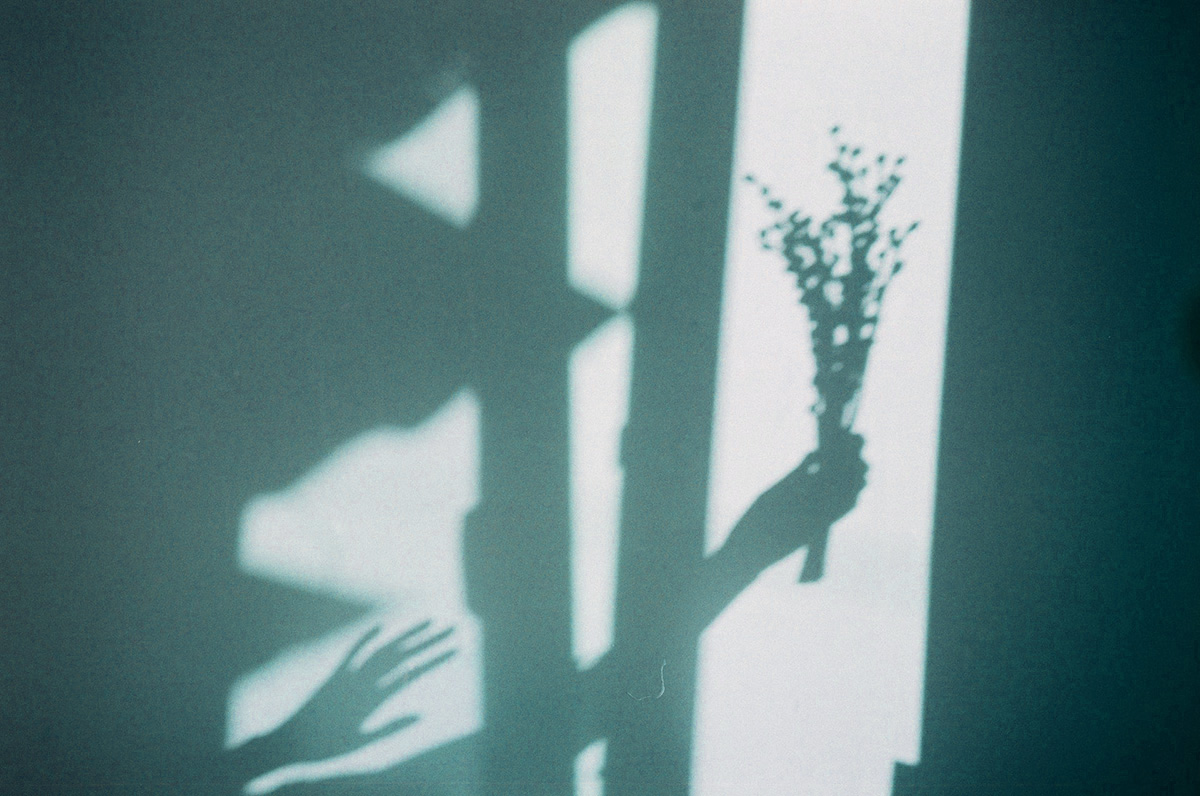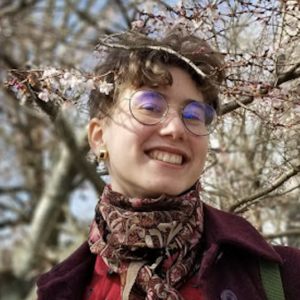This year my Rabbi and other leaders stood in front of our community and showed us the Shofar. They told us what it would say if it could talk: The Shofar wants us to take its call as a moment of awakening, to open our eyes and look at the world around us, to pay attention to what rights we have, and see our fellows and their plights. The Tekia shouts, the Shevarim Teruah cries, and the Tekia Gedola is the pain combined. The Shofar calls us to listen.
If that is the Shofar of Rosh Hashanah, the Shofar of Yom Kippur asks us to take what we saw on Rosh Hashanah, to reflect on our own participation in injustices, and for us to find ways to move forward to combat them.
In recent years there has been a shift in language when it comes to educating and activism, emerging in the form of the “call-in” and the “call-out.” Calling someone out is to make a public display of anger towards a person for their behavior, potentially without giving them room for growth, whereas calling someone in is to question a person’s behavior in order to help them grow. Individual situations may require different forms of calling, but calling in tends to allow that person to adjust privately and do better publicly later. It is considered a gentler approach. Calling someone in may also involve some aspects of education, as many do not realize their behavior is causing harm. It should be noted that calling someone out can be just as useful if your point is for the sake of accountability; the public aspect of the call-out puts the onus of changing the behavior on the witnesses as well, causing the actor to adhere to the standards of their peers.
Yom Kippur, our day of atonement, is Judaism’s built-in ritual for calling ourselves in. Through the ritual of fasting we slow down and take stock. We meditate on the year that has passed and all the ways we can do better. Doing better can mean calling ourselves in: questioning what led us to act the way that we did, to break apart stereotypes we have ingrained into our being, and to learn about the predicaments of others.
The Haftorah portion that we read on Yom Kippur from Isaiah invites us to this challenge. It states that we fast as a form of protest to G-d: “Why, when we fasted, did You not see?” (Isaiah 58:3) and as a way to call for G-d to “let the oppressed go free” (Isaiah 58:6). Protesting, or the public display of anger towards harmful behavior, can be a form of calling out. But Isaiah also looks to G-d to “Declare to My people [the Jewish people] their transgression” (Isaiah 58:1), essentially, to call the Jewish people out on their continual wrongdoing. Isaiah isn’t satisfied with humanity or G-d’s public displays of frustration with the continued existence of oppression; he doesn’t believe that is enough. Isaiah says it takes action, not just frustration: “If you banish the yoke from your midst, the menacing hand, and evil speech, and you offer your compassion to the hungry and satisfy the famished creature— Then shall your light shine in darkness, And your gloom shall be like noonday.” (Isaiah 58:9-10).
In this case, banishing the yoke is another way of saying that we must look at our own behaviors, a call-in to self-reflect in order to end oppression in the world. Isaiah doesn’t seem to believe that displays of public atonement work well enough; the more private ways truly shine light in the darkness. Private reflection is that light, this is the fast that he desires (Isaiah 58:6). To physically fast is not enough; we must also commit to the fast mentally through reflection and focus. The Haftorah portion on Yom Kippur is asking us to commit to self-reflection, or to call ourselves in, alongside the public act of reflection that we already do through fasting, or calling ourselves out.
Isaiah’s urging for us to banish the yoke is the same as what the Shofar calls us to: teshuvah. As according to Maimonides, teshuvah acts under three stages: confession, regret, and a vow to never repeat the misdeed. In the system of calling ourselves in, we confess through our recognition of our behaviors, followed by the immediate regret that we caused others (the impacted) harm, and through self-reflection and educating ourselves on how to do better we (the unimpacted) take an internal vow to never act this way again. In an intersectional world, Teshuva is also an intersectional concept. Just as a cisgender lesbian might have internalized patriarchal gender standards and be unable to see past the gender binary, a white Jewish person can still be racist despite the antisemitism that they have experienced. Everyone has the capability of holding a position of power despite the oppression that exists within another part of their identity.
To enact this vow to not repeat our harm, the unimpacted must begin a process of self-education that does not rely too heavily on the impacted, as it is exhausting for the impacted to both be harmed and forced to educate their aggressor. In part of my efforts to call-in myself and others without placing the onus on already marginalized people, I have compiled a list of resources, things to watch and read, to begin the meditation on betterment, getting rid of the menacing hand that can hold us all, and to call ourselves in to the task of teshuva.
These resources take on an anti-racist, anti-colonial, and anti-patriarchal frameworks present with the United States. These resources were collected under the assumption that, because we live in racist, colonial, patriarchal systems, we need to put in the effort to break out of them. Teshuvah is always going to be necessary and a constant struggle to accomplish that liberation.
It is not enough to feel the guilt that weighs upon us. It takes responsibility to work through our own wrongdoing, real teshuva, and fight for a liberated future. This Yom Kippur, hear the call of the Shofar. Close your eyes and feel the reverberation of the horn as the Rabbi names each sound. Listen as the Shofar summons us all to teshuvah and to call ourselves in.

